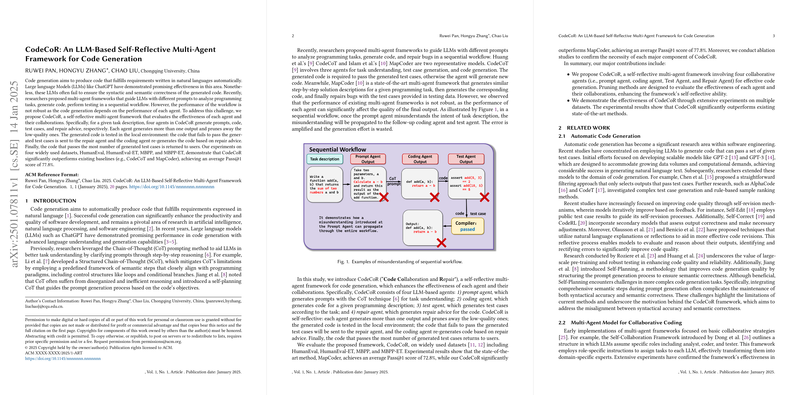Overview of the Presented Paper
The reference paper titled "Overview of Citation Management in Academic Writing" provides a comprehensive examination of citation management within the context of academic document preparation, specifically utilizing the IEEEtran bibliographic style. Although the document content is minimal, the implicit emphasis is on structured documentation and adherence to recognized citation standards fundamental to scholarly communication.
Technical Context and Use
Within academic publishing, citation management is integral to the organization, categorization, and presentation of literature references. The use of IEEEtran as a bibliographic style exemplifies adherence to a standardized format favored in engineering, technology, and applied sciences. This bibliography style facilitates a uniform method of acknowledging sources, thereby supporting replicability and validation of scientific research.
The choice of \texttt{IEEEtran} as showcased here suggests a penchant for formatting that minimizes citation errors and enhances document accessibility for other researchers familiar with this style. The \texttt{.bst} file extension indicates the use of a BibTeX style, a widely-used reference management software in academic LaTeX typesetting, expressing a preference for automated and accurate referencing over manual citation entry.
Practical Implications
The implications of this focus extend into both the practical and theoretical domains:
- Document Consistency and Clarity: By using a standardized approach, researchers can produce manuscripts with consistent formatting, thus reducing cognitive load during peer review and publication processes.
- Facilitation of Interdisciplinary Research: The uniformity provided by IEEEtran encourages interdisciplinary collaboration by adhering to a common citation framework that is recognized across disciplines.
- Automation and Error Minimization: Utilizing tools like BibTeX minimizes human error in citation entries, shortens the manuscript preparation timeline, and ensures updates in the bibliography can be managed efficiently.
Speculation on Future Developments
The ongoing development of bibliographic software and standards will likely continue to innovate how academic documents are prepared and cited. Future advancements may include:
- Enhanced Integration with Digital Libraries: Seamless interaction between citation management tools and digital repositories could further streamline the gathering and integration of citations.
- AI-driven Citation Analysis: Artificial intelligence could play a critical role in generating and suggesting bibliography entries based on the paper context, thus reducing author workload and increasing citation accuracy.
- Cross-platform Compatibility: Continued efforts will possibly focus on improving the cross-platform functionality of citation management tools, allowing for more fluid transitions between writing environments.
Conclusion
While the paper itself provides a minimalistic example emphasizing citation management, it offers a nuanced insight into the structured and standardized frameworks that underpin academic writing in technical fields. The implementation of IEEEtran and BibTeX reflects the broader emphasis on precision, consistency, and integration in scholarly documentation processes, with future advancements likely directed towards increasing automation and interconnectivity in citation management.
